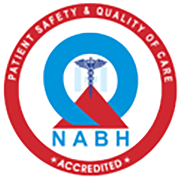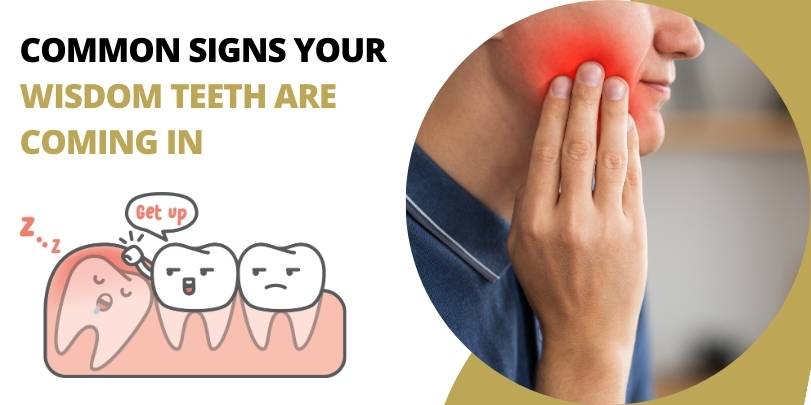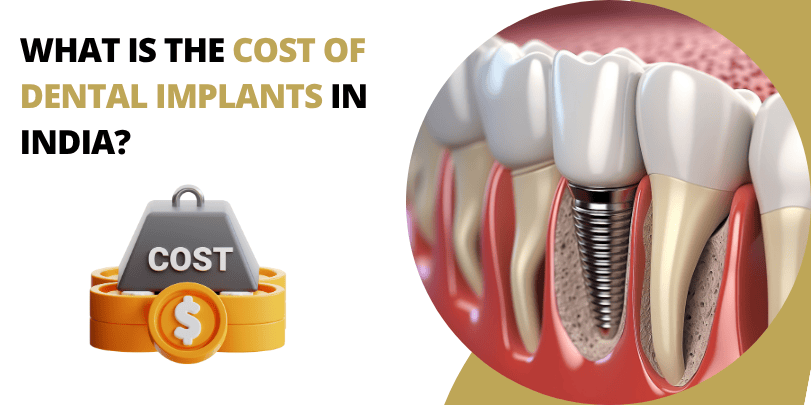Wisdom teeth, also known as third molars, usually start to emerge between the ages of 17 and 21. While they’re the last teeth to develop, they often don’t play a major role in chewing or dental alignment. For some, wisdom teeth come in without issue, but in many cases, they can cause discomfort and potential complications. Recognizing the signs early can help you avoid problems and seek timely dental care if needed.
Table of Contents
What Are Wisdom Teeth?
Wisdom teeth are the third set of molars located at the very back of the mouth. Unlike other teeth, wisdom teeth often struggle to fit properly because most adult jaws don’t have enough space for them. This can lead to complications such as impaction (when the teeth are unable to fully emerge) or misalignment, which can affect surrounding teeth and the overall health of your mouth.
What Age Do Wisdom Teeth Come In?
The age at which wisdom teeth start to develop can vary, but they most commonly begin to emerge between the ages of 17 and 21. This period marks the transition into early adulthood, which is why the teeth are called “wisdom teeth.”
- Late Teens to Early 20s: Most people experience the first signs of wisdom teeth between 17 and 21 years old. However, some individuals may notice their wisdom teeth developing earlier or later, even into their late 20s.
- Variation in Growth: Genetics, diet, and overall dental health can influence when wisdom teeth come in. In rare cases, wisdom teeth may not develop at all.
- Importance of Monitoring: If you are between the ages of 17 and 25 and have not yet experienced symptoms, it’s important to schedule dental X-rays to monitor the growth and positioning of your wisdom teeth.
Understanding the average wisdom teeth age range can help you stay proactive about your dental health. Regular dental check-ups during this period allow dentists to predict potential complications and plan for timely interventions if needed.
Common Wisdom Teeth Symptoms: Signs Your Wisdom Teeth Are Coming In
As wisdom teeth begin to push through, you may notice several signs and symptoms. These can range from mild discomfort to more noticeable changes that signal potential problems.
1. Gum Irritation and Swelling
One of the first signs of emerging wisdom teeth is gum irritation, typically in the area behind your second molars. You might notice tenderness or mild swelling as the gums adjust to the new teeth underneath. The swelling may vary but can make the area feel sore or inflamed.
2. Jaw Pain and Pressure
As wisdom teeth start to grow, they can cause a dull ache in the back of the jaw. For some, this discomfort may come and go, while others might feel consistent pressure. Since wisdom teeth often struggle to find space, this pressure can sometimes extend to the surrounding teeth and nerves, causing further discomfort.
3. Difficulty Opening Your Mouth
If you find it hard to open your mouth wide or feel discomfort while chewing, this may indicate that your wisdom teeth are beginning to push through. This restriction often occurs when the teeth are misaligned or impacted, pressing on nearby areas of the mouth.
4. Bad Taste or Bad Breath
Impacted wisdom teeth can create small pockets that trap food and bacteria, leading to bad breath or an unpleasant taste in the mouth. If you’re noticing these symptoms along with other signs, it may be due to bacteria gathering around the emerging teeth.
5. Gum Redness or Small White Specks
As the wisdom teeth push up, the gums directly above may turn red or dark pink. In some cases, you may see small white spots where the tops of the wisdom teeth begin to emerge. These white specks are the first signs of the teeth breaking through the gum line.
Potential Issues with Wisdom Teeth
While not everyone experiences severe symptoms, wisdom teeth can sometimes cause complications if they don’t have adequate space or come in at an angle.
Impaction: If the teeth remain trapped below the gums, they can push against the roots of neighboring teeth, leading to pain and alignment issues.
Infection and Decay: Partially emerged wisdom teeth can create spaces for bacteria to accumulate, increasing the risk of infection and gum disease.
Cysts or Tumors: In rare cases, impacted wisdom teeth can develop cysts or even tumors, which can affect the jawbone and nearby teeth.
Do All Wisdom Teeth Need Removal?
Wisdom teeth that emerge fully and don’t cause pain or alignment issues might not need extraction. However, impacted or misaligned wisdom teeth may pose health risks and are often best removed. Regular dental check-ups and X-rays are crucial for monitoring wisdom teeth and deciding whether removal is necessary.
Some dentists recommend extracting wisdom teeth preemptively, particularly for individuals in their late teens or early 20s (the typical wisdom teeth age), to avoid future complications. This decision is often made on a case-by-case basis.
Check – Wisdom Teeth Removal Procedure, Time & Cost
Take Action if You Notice Symptoms
If you’re experiencing any of the signs above, it may be time to visit your dentist. Early intervention can prevent more serious issues and make any necessary procedures, such as extraction, easier and more manageable. Remember, not all wisdom teeth require removal, but staying vigilant and seeking timely care can help ensure your dental health remains in top condition.
Why Timing Matters
Since wisdom teeth typically develop between 17 and 21 years of age, regular dental visits during this period are essential. Dentists can:
- Monitor the growth of your wisdom teeth with X-rays.
- Identify any potential alignment issues or impactions early.
- Recommend treatment or extraction before complications arise.
Final Thoughts
Not all wisdom teeth require removal, but staying vigilant and seeking timely care can help ensure your dental health remains in top condition. If you’re between 17 and 25 and notice any symptoms, don’t delay scheduling a dental check-up. Taking action now can save you from future pain and complications.

 Australia No
Australia No Canada No
Canada No India Toll Free No
India Toll Free No UK No
UK No USA No
USA No














